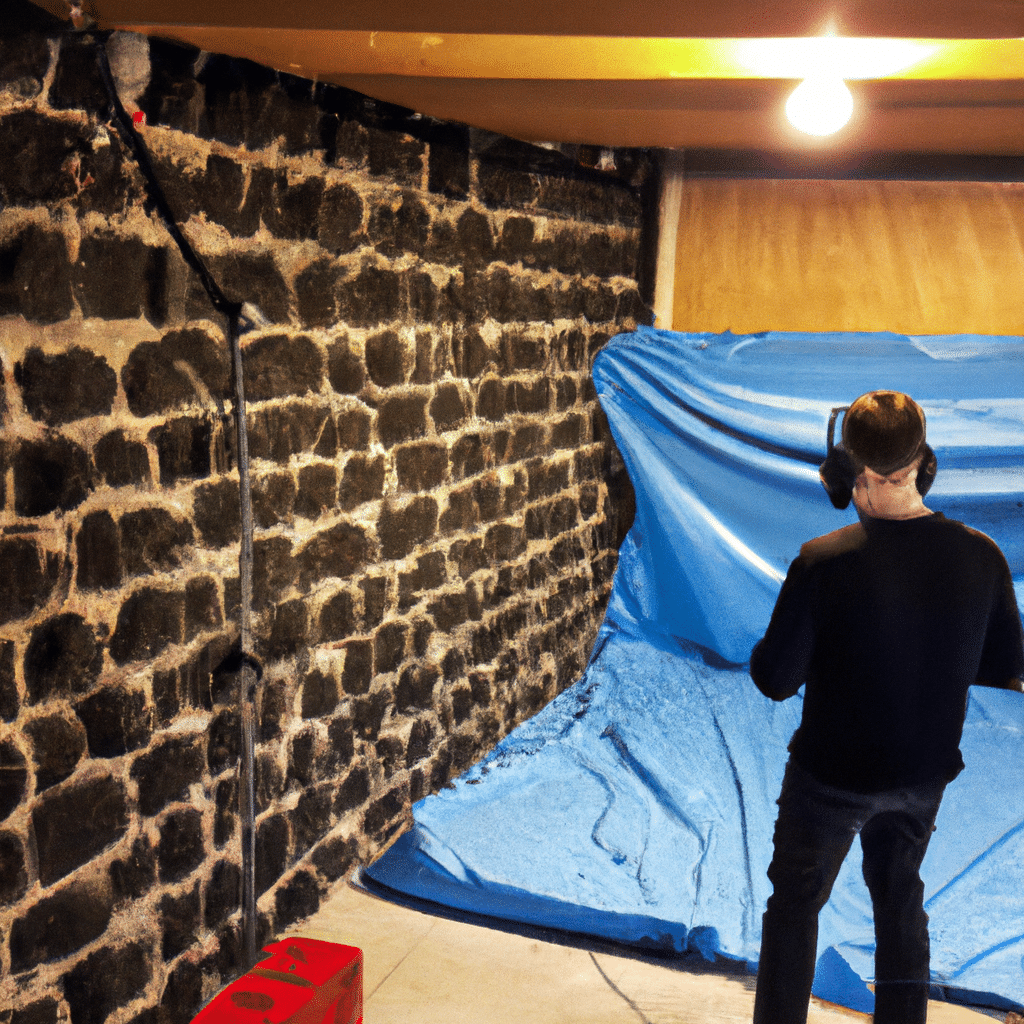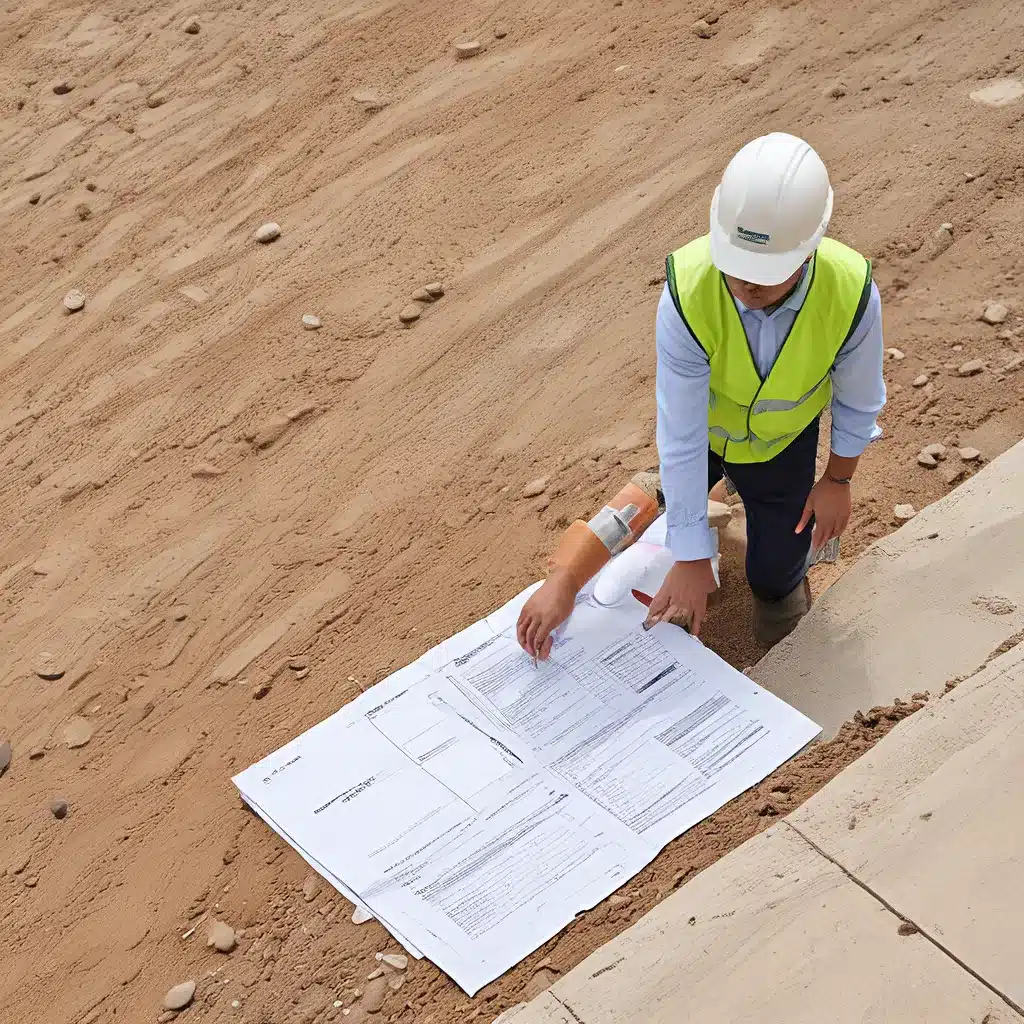If you have a basement, you know how noisy it can be. Whether it’s the sound of your kids playing or your spouse watching TV, the noise can be overwhelming. Fortunately, soundproofing your basement is easier than you might think. In this guide, we’ll show you how to soundproof your basement and reduce noise pollution.

Understanding Sound
Before we dive into the specifics of soundproofing your basement, it’s important to understand how sound works. Sound is created when an object vibrates, creating sound waves that move through the air. These sound waves are then picked up by our ears and interpreted by our brains.
Soundproofing Materials
The first step in soundproofing your basement is to choose the right materials. There are several different materials that can be used to soundproof a room, including:
- Acoustic foam
- Mass-loaded vinyl
- Soundproof curtains
- Fiberglass insulation
- Green glue
- Resilient channels
When selecting materials, it’s important to consider their effectiveness, cost, and ease of installation.
Soundproofing Walls
The walls are the most important part of soundproofing your basement. To soundproof your walls, you’ll need to add mass and decouple the walls from the rest of the house. Here’s how to do it:
- Install resilient channels: Resilient channels are metal strips that are installed between the walls and the studs. They help to decouple the walls from the rest of the house, which reduces the amount of noise that can travel through the walls.
- Add insulation: Fiberglass insulation is an excellent sound absorber. Adding insulation to your walls will help to reduce the amount of noise that can travel through them.
- Install mass-loaded vinyl: Mass-loaded vinyl is a dense, flexible material that is excellent at blocking sound. It can be installed directly onto the drywall, behind the insulation.
- Use green glue: Green glue is a viscoelastic material that is sandwiched between two layers of drywall. It helps to dampen sound vibrations and reduce the amount of noise that can travel through the walls.
Soundproofing Windows
Windows are another weak point when it comes to soundproofing. Here are some tips for soundproofing your windows:
- Install double-pane windows: Double-pane windows are excellent at reducing noise pollution. They have two layers of glass, with a layer of air or gas between them, which helps to block out sound.
- Use soundproof curtains: Soundproof curtains are made from heavy, dense materials that absorb sound. They can be hung over your windows to help reduce noise pollution.
Soundproofing Doors
Doors are another area where sound can easily travel through. Here’s how to soundproof your doors:
- Install a solid-core door: Solid-core doors are much more effective at blocking sound than hollow-core doors. They are made from a solid piece of wood or metal and are excellent at reducing noise pollution.
- Use weatherstripping: Weatherstripping is a material that is applied to the edges of your door to seal any gaps. This helps to reduce noise pollution by blocking out sound.
Conclusion
Soundproofing your basement is a simple and effective way to reduce noise pollution in your home. By understanding how sound works and selecting the right materials, you can easily soundproof your walls, windows, and doors. With these tips, you’ll be able to enjoy a quieter, more peaceful home.
Related posts:
No related posts.




